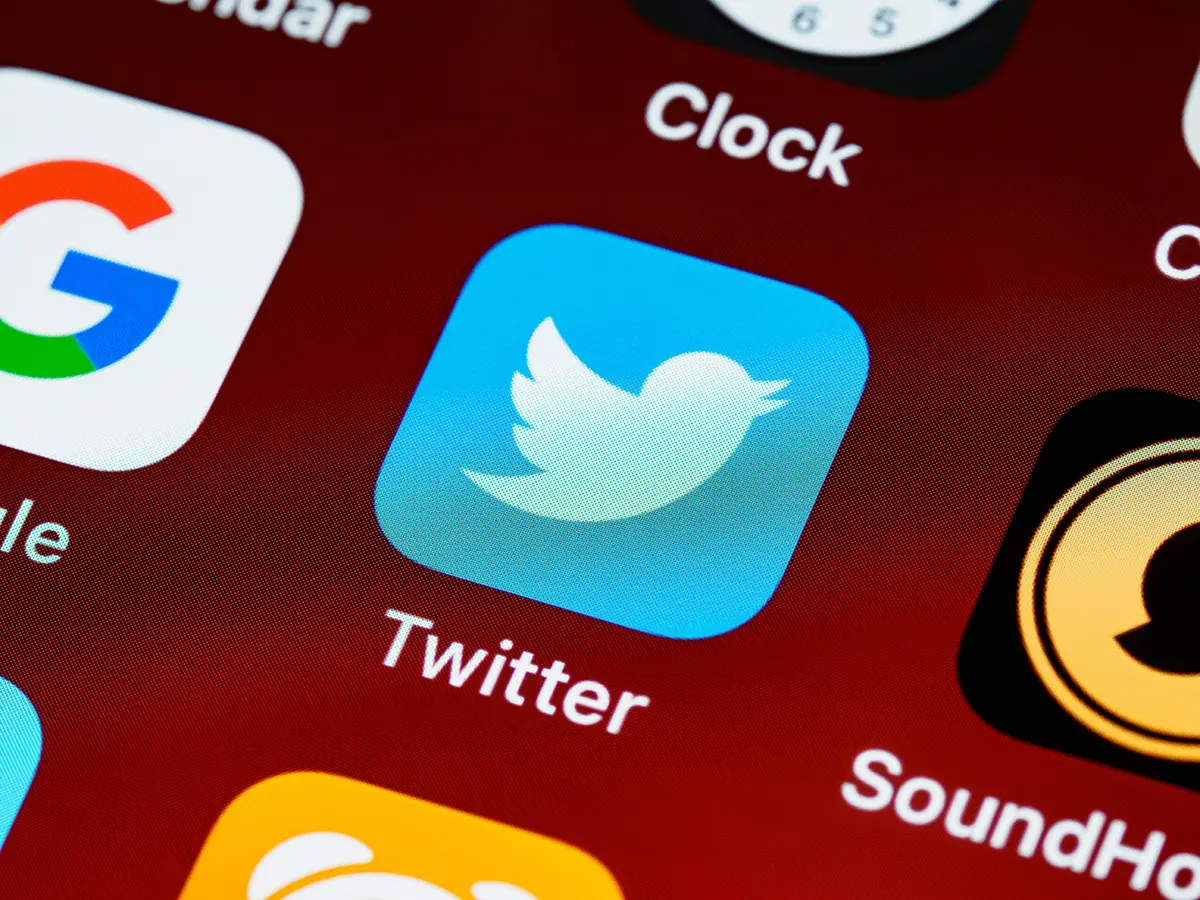What is the Vocal Minority Fallacy?
The vocal minority fallacy is where we incorrectly assume the beliefs of a small group of people are representative of the population as a whole.
The internet makes it easy for like-minded people with fringe ideas (be them good or bad) to find each other. The vocal minority group in the internet age may therefore share similar demographics in terms of their age, political alignment, internet usage and so on. The specific demographics of each vocal minority group might vary from issue to issue, but they are typically not diverse within the group.
These small groups can be loud; propagating their ideas easily through the wonders of the internet.
It is not that this vocal minority group’s ideas are bad. Many might be very good. The issue is that they are not representative. When we read ideas or opinions that seem to have support (‘high engagement’) online we might assume that they are typical of the wider population. This is the vocal minority fallacy.
Twitter (X) is not representative of the world

News organizations around the world have made it a common practice to use opinions on Twitter to reflect public sentiment. But twitter is an extremely poor sample of the general population.
Let’s look at some statistics.
There are around 330 million twitter accounts, of which only 220 million are daily active users. Of these, according to Pew Research, 10% of the users account for 80% of the tweets – that’s 22 million people. The research also points out that they are likely to be young and democratic.
We’re therefore talking about the equivalent of 6.6% of the American population or 0.2% of the world population. And this small slice of humanity share similar demographics, according to Pew Research.
They similar people engaging with other minority (and often divisive) opinions, in an echo chamber. The vocal minority amplify each other, and the algorithm pushes their views forward. The silent majority or ‘lurkers’, who may simply feel less strongly about their views or need to share them, ultimately do not get heard.
Using Twitter to gauge public sentiment is similar to walking into a college bar and asking for their views on partying.
And let’s remember that the modal users of Twitter are American with 77 million users. If you are a news organization in any other country and are polling twitter for opinions, you are likely not going hear from people in your region. This can easily distort local public sentiment.
Who on earth Tweets?

Knowing that 0.2% of the world population account for 80% of tweets, the odds say that you, the reader, barely ever tweet. It would also suggest that that the majority of your friends and family barley ever tweet. In fact, unless you’re truly engrossed in that world, you won’t be able to name more than a handful of friends or family that tweet with any kind of regularity.
Yet twitter is somehow viewed as the new forum for the world. It can cancel people; it can spark frenzies and impact all our lives. It’s designed to connect us and yet there is a huge disconnect from the realities of our society.
Why is Twitter so full of anger?
Is society really that angry?
Twitter is a reflection of extremist views in society. Outrage culture breads engagement, and the Twitter algorithm likes engagement. The more outrage something causes, the more engagement it receives, and the algorithm will show it to more people. That garners even more likes and retweets, generating even more outrage. The cycle continues exponentially, or until the next outrageous thing happens and our short attention spans move on.

At what point do we hold social media platforms responsible for this anger?
You might point to TV and the news as being equally guilty of using click-bait, ‘outrage’ topics. The news is generally dour and full of negative/pessimistic stories because that’s what humans will stay tuned to. Yet we have come to accept it as part of our lives.
Is all of this harming our mental health and causing fractions in society?
To take an extreme example, if you were forced to watch videos of puppies for 2 hours every day, your disposition would be much better than someone forced to watch 2 hours of graphic death and destruction each day. Boundless happiness and boundless anger & sadness exists inside all of us, and we can manipulated into it coming out.
The exposure to outrage culture online gnaws at us day in and day out. It chips away so slowly it’s barely noticeable, but can butterfly-effect us into huge societal change, both for better and for worse.
Lives and careers have been destroyed by angry vocal minorities that get amplified by the Twitter algorithm. How does this happen?
Why do we like to ‘hate on’ celebrities the more popular they get?
It feels like the more popular someone becomes, the more people turn on that person. But in reality, that’s not true. The silent majority are simply less vocal about their positive sentiment.
When a person has a small level of fame, let’s say 100,000 people know them, and 1% of those people dislike that person, that is only 1,000 people. It’s easy to ignore 1000 people, especially when they are dispersed around the world.
Then let’s say that person grows to have 100,000,000 people know them. They still only have 1% of people that dislike them, but suddenly that is 1 million people!
Twitter is powerful in that it can connect these 1 million like-minded ‘haters’, dispersed in all corners of the world, together. We are typically more vocal about things we dislike then praising things we like. This vocal minority support can engage with each other about their dislike, pushing negative opinions all over Twitter. The 99% of fans rarely care enough to vehemently voice their approval, and even if they did, it would get little to no engagement or exposure on the platform. That’s they way the algorithm is designed.
This leads to changing perceptions and cancel culture.
Is the vocal minority a bad thing?
Despite the above, it is not at all a bad thing to have vocal minorities. Major change in the world often happens as a result of small, persistent and vocal minority groups. Think the Civil Rights Movement in the US and the anti-apartheid movement in South Africa.
Activism and ‘woke’ ideology has become a political battleground in recent years. Like everything in life, there are good ideas and bad ideas, there are good groups and bad groups of vocal minorities. Just because the internet and algorithms have a tendency to amplify the reach of outrage and politically-bias ideas, does not mean that vocal minorities are inherently bad.
We need to know when and where we can engage in good healthy discourse, and what is simply click-bait virtue signally.
How do we deal with the vocal minority?
Independent thinking. We should evaluate ideas on merit, not by the number of likes or retweets.
Part of this is education; we to teach people to be able to discern what is true or beneficial, and what is not. Social media platforms may occasionally add ‘fact checked’ caveats to tweets, but that is giving someone a fish instead of teaching them how to fish – you cannot rely on someone else telling you what is true and what is not.
We need to be able to question everything that we read or hear. That is not simply crying ‘Fake News’ when disagreeing with something, but instead thinking critically about ideas and evaluating both sides of an argument.
Part of the solution is knowing when to engage and when not to engage. Outrage may spring up in all corners the internet. But outrage for outrage sake is not conducive to happiness. Do not get sucked into petty internet arguments.
People are wrong all the time, all over the world, it’s not your job to correct them. You and I are wrong too, it’s not our place to blindly declare our opinion is correct.
Have belief in your own ideas and strong convictions, whilst being open to new ideas always and willing to engage in civilized debate. Know when such debates cross a line and affect your wellbeing.

If you have ever engaged in anonymous internet arguments, you’ll know this feeling. If you have not, it may sound ridiculous to you, but know that conflict and arguments online and offline can eat away you.
Ultimately, it is on the social media companies to address their algorithm. Good and bad is in all humans, and the design of these platforms can tend to bring out the worst in us. Twitter needs the engagement to keep the platform growing, they have a monetary incentive to maintain an algorithm that causes outrage and high engagement. But they have a moral obligation to society to be better.
Where the future lies for these platforms I don’t know, but hopefully they become happier and healthier places for all of us.






